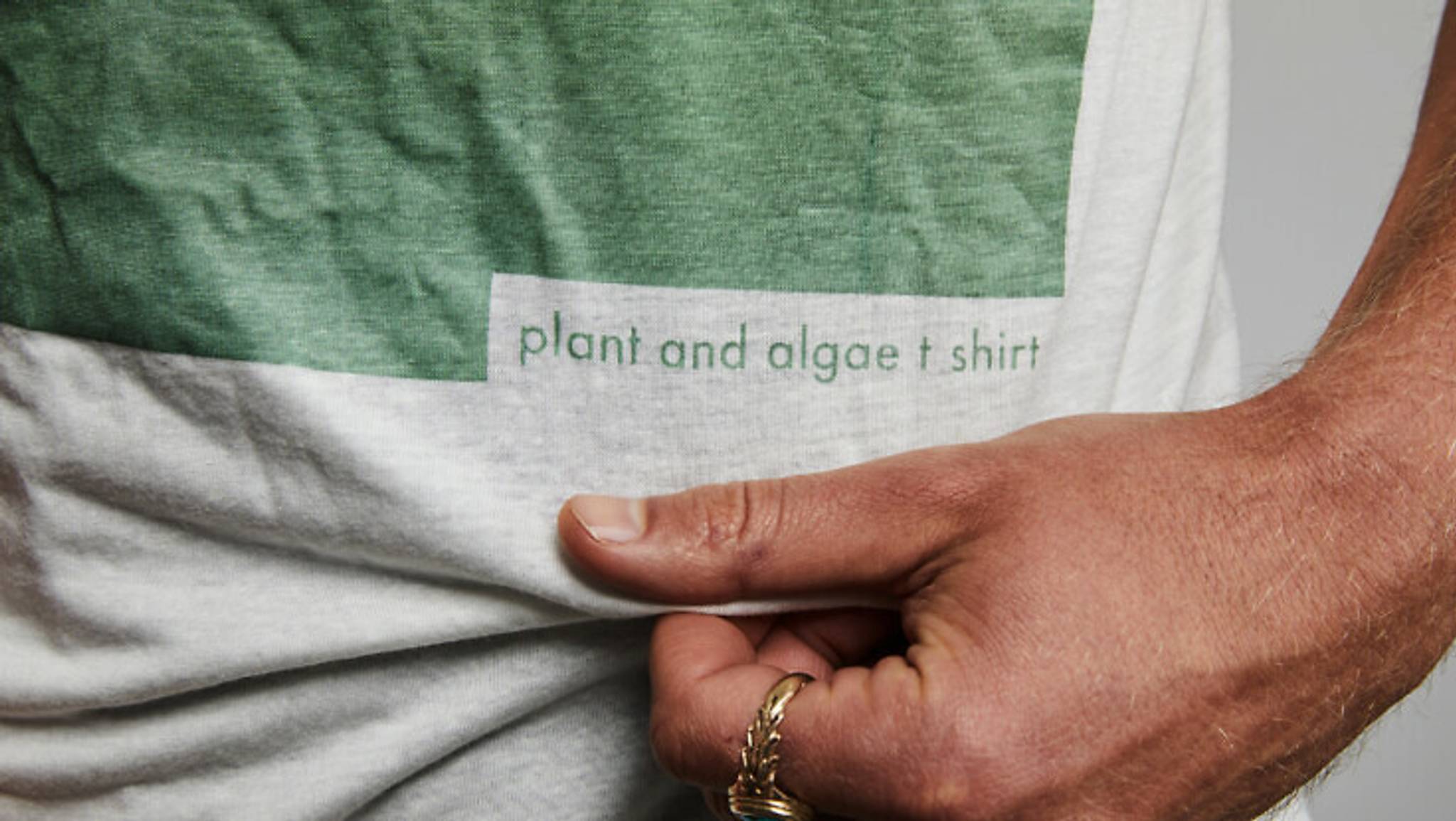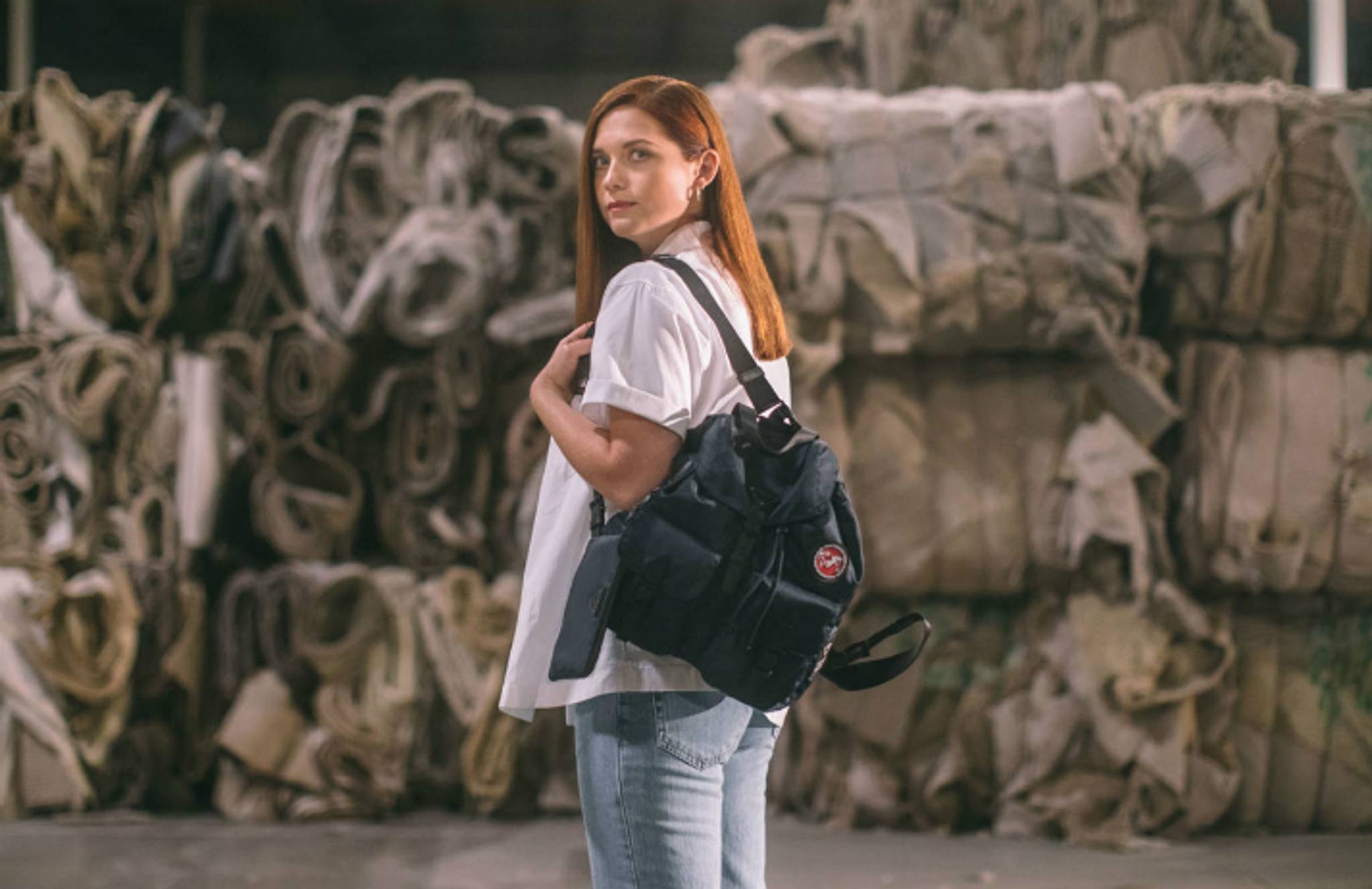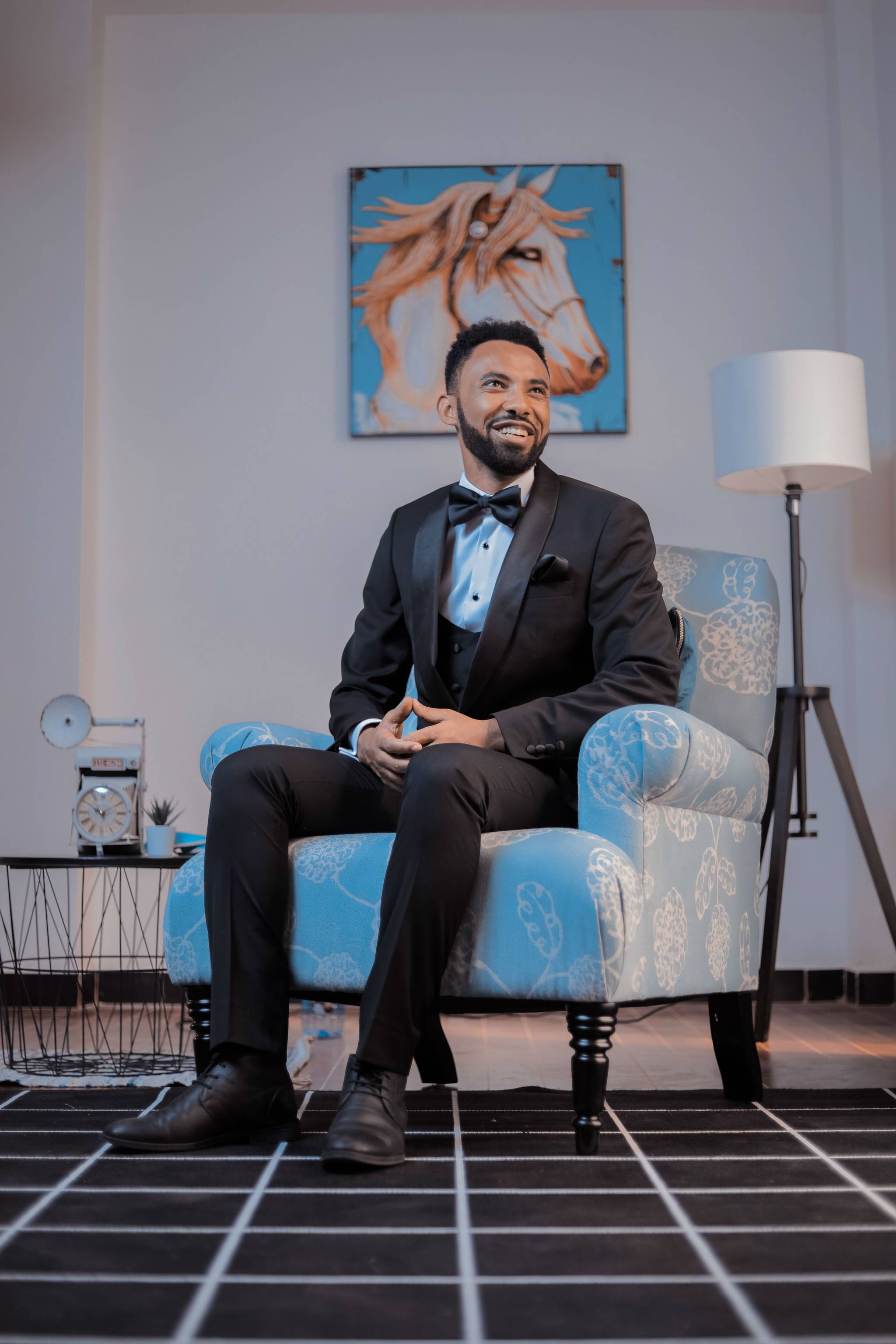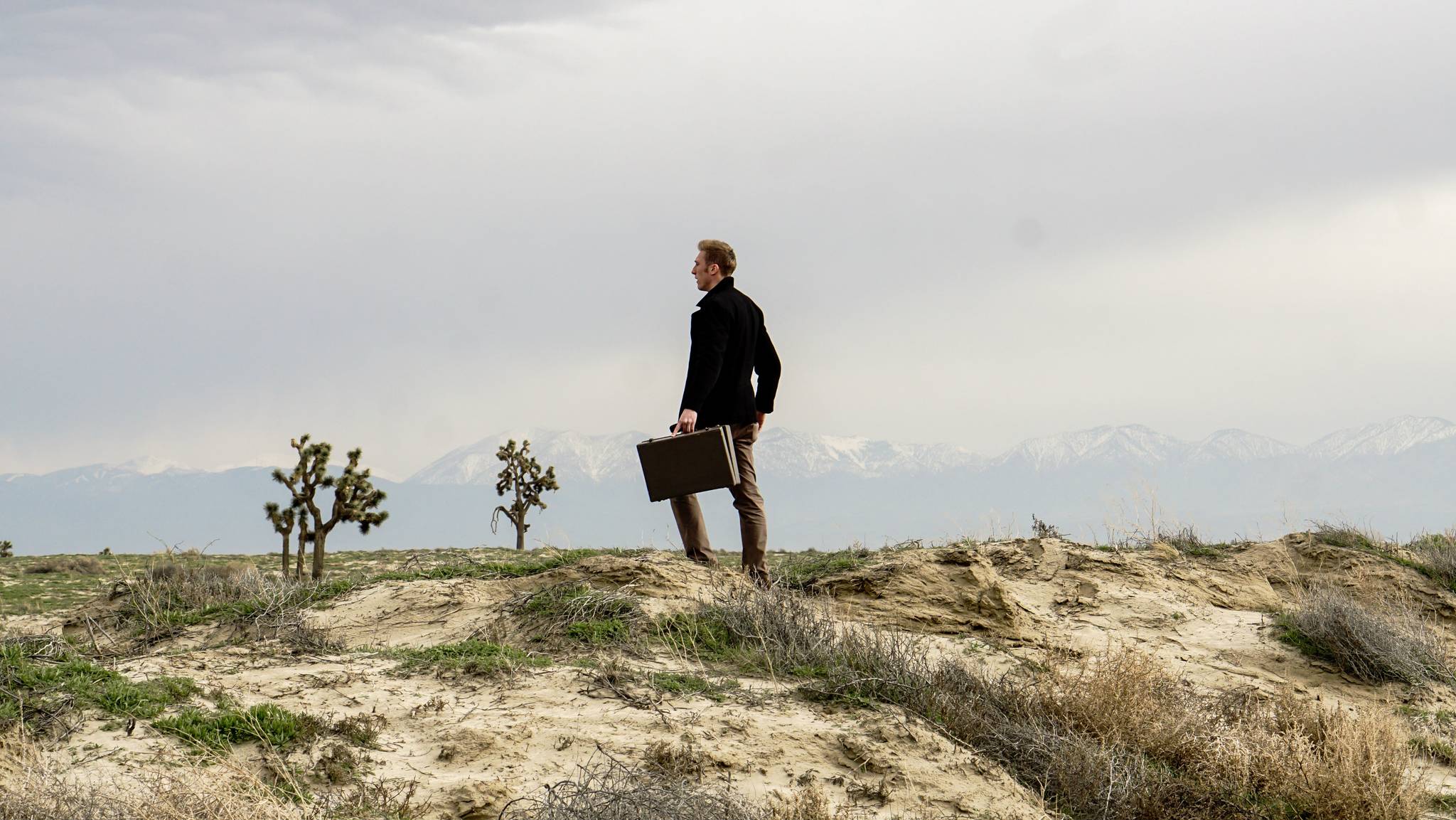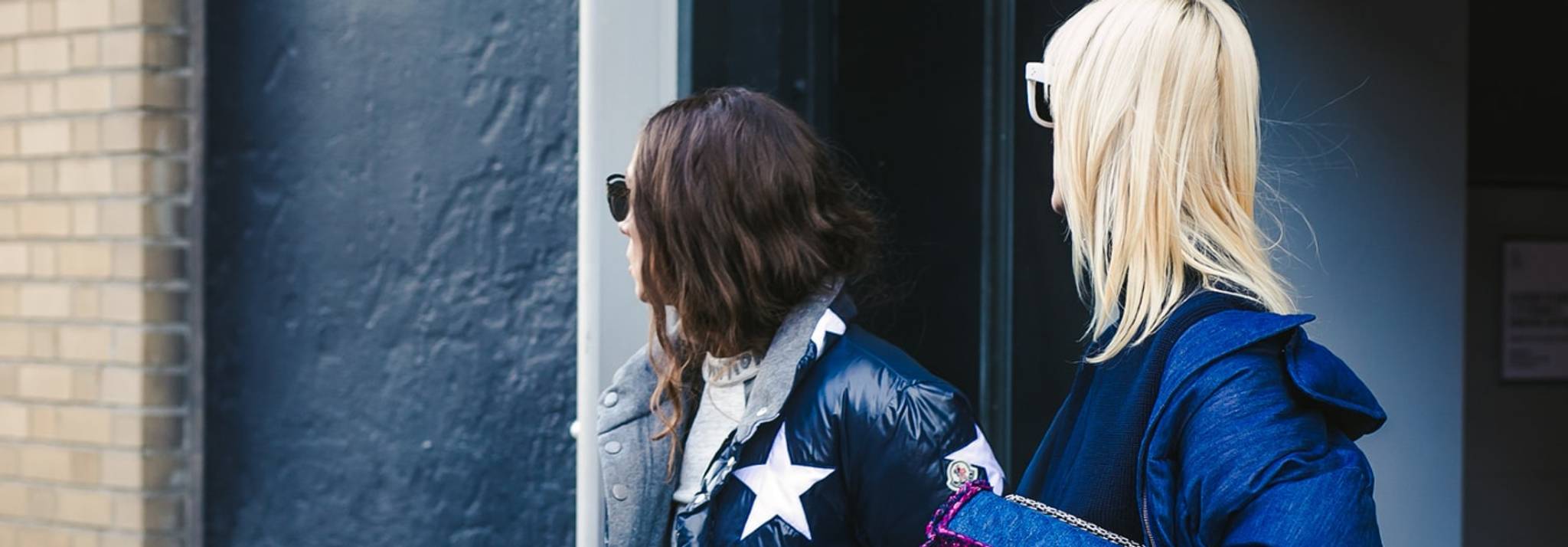
Luxury and social responsibility are often seen as opposing concepts, but a study has revealed that they can coexist in people’s minds if a luxury brand’s ambassador embodies the two constructs. The study comes at a time when ethics are increasingly a key deciding factor among luxury shoppers. We explore the insights behind this and why shoppers see some luxury brands as sustainable, and others not so much.
A study conducted by the University of Illinois has discovered that when participants see a high-profile brand ambassador, like a celebrity, engaging in philanthropic activities, they’re more likely to believe that the self-enhancement qualities of luxury and the self-transcendence of philanthropic activities can exist together - a phenomenon known as value instantiation. The study also revealed that participants were more likely to envision themselves as engaging in philanthropic-style activities when purchasing luxury.
"It may seem disingenuous for a luxury brand to tout its altruism through its corporate social responsibility activities, but in marketing and branding, the trend for social responsibility has been growing dramatically over the last 20 years,” says Dr. Carlos Torelli, professor at the University of Illinois and co-author of the study.
Shoppers are paying more attention to where the products they buy come from, and this socially conscious movement is trickling into the luxury sphere. As sustainability increasingly becomes a way to signal status and values, luxury shoppers want to know where and how products are made – in fact, 56% say they investigate a brand’s social responsibility. This is also intensified by the importance Gen Yers and Zers place on ethically made goods – and with 55% of the luxury market represented by these generations, communicating a brand’s social responsibility beyond CSR is a key way to build authentic and loyal brand relationships. As green products increasingly become status symbols, innovative fashion offerings – Vollebak’s compostable T-shirts, for example – show how people are willing to pay a premium price for eco-credentials.
Luana Sambell is a behavioural analyst at Canvas8. She holds a master's degree in consumer behaviour and is passionate about cultural trends and the latest happenings in retail. Outside of work, you can find her exploring different cultures through food or catching live music whenever possible.
